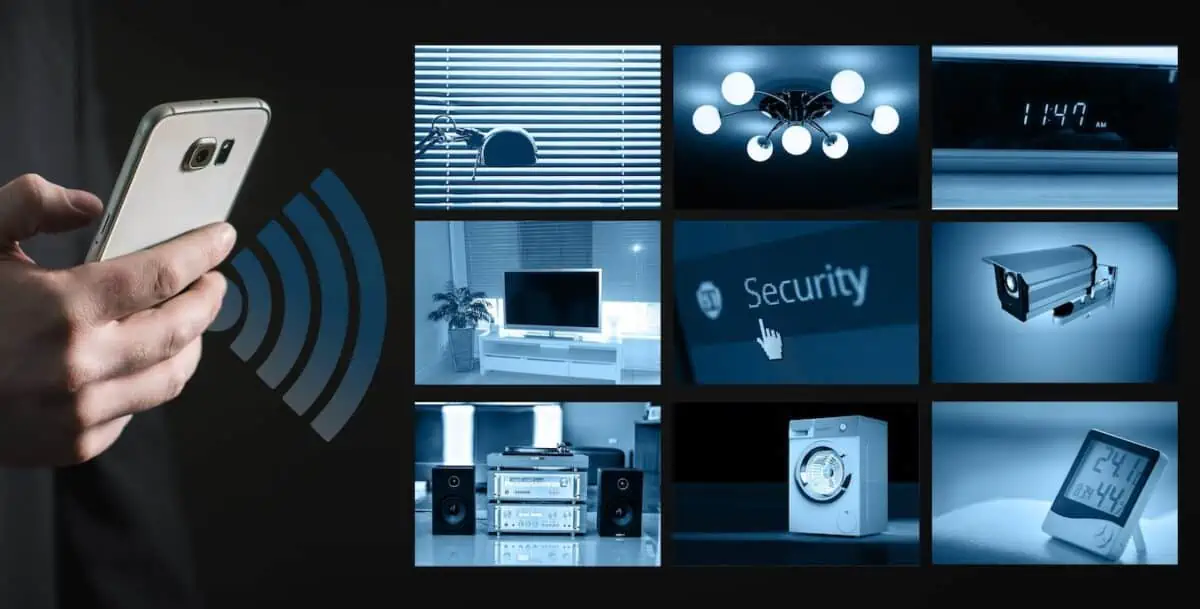In terms of energy efficiency, tenant comfort, and building security, “smart buildings” are the wave of the future in building design and administration. Smart buildings may improve performance, cut costs, and provide a better experience for occupants by utilizing the latest innovations in building automation systems, data analytics, and Internet of Things technologies.
This article will examine the fundamentals of smart building technology, including how it functions, the advantages and disadvantages it presents, and the factors to take into account when designing a smart building, as well as the potential effects it may have on the construction industry and on society as a whole.
To start, what exactly are “smart” structures? Advanced technology is used in “smart buildings” to keep tabs on the temperature, lighting, security, and other building services. Automation systems for buildings are essential to smart building technology since they allow for centralized management and oversight of all the structure’s features.
The sensors installed throughout a smart building relay information to the system that regulates the structure as a whole. The data analytics used by this control system to determine how best to improve the building’s efficiency is impressive.
In addition, the Internet of Things (IoT) is frequently combined with smart building technology, facilitating streamlined interaction between the various building systems.
There are many upsides to implementing smart building technology. Energy efficiency is one of the most important advantages since it may help building owners and tenants save a lot of money. Smart buildings can save money and resources by better managing the heating, ventilation, and lighting systems.
Providing a unique and stress-free environment is only one way in which smart building technology may boost the happiness and efficiency of its occupants. In addition, high-tech monitoring and entry systems made possible by smart building technologies contribute to a safer and more secure building environment.
The technology behind smart buildings has its benefits, but it also comes with certain caveats. Adoption might be stymied by factors such as the price of installation, the complexity of the system’s design, and its incompatibility with pre existing building infrastructure. Because of the sensitive nature of the data collected and analyzed by smart building technologies, security and privacy considerations must be taken into account.
Smart building technologies will continue to advance in spite of these obstacles. The construction sector is on the cusp of a technological revolution brought about by the likes of artificial intelligence and machine learning.
Smart building technology has the potential to have a significant effect on the construction industry and on society as a whole by lowering carbon emissions, boosting the health and happiness of building occupants, and generally improving people’s quality of life.
In conclusion, the ability of the construction industry to grasp smart building technologies is crucial to maintaining competitiveness and meeting the demands of both building tenants and society as a whole.
The advantages of smart buildings, such as reduced energy consumption and higher levels of comfort and safety for the building’s occupants, are undeniable. While there are certainly obstacles and things to think about when integrating smart building technologies, the potential influence on the construction industry and society as a whole is enormous.
In order to realize its full potential and construct a more sustainable and livable future, the industry must place a high premium on investing in and developing smart building technology.
Read on for answers to some of the most common inquiries we’ve received concerning intelligent structures:
How do smart buildings work?
- Sensors in smart buildings relay data to a central control system. This control system analyzes data to maximize building performance.
What are the benefits of smart buildings?
- Smart buildings improve energy efficiency, comfort, productivity, and security.
What are smart building implementation challenges?
- Smart building technology implementation hurdles include cost, complexity, compatibility with existing building systems, and security and privacy.
What is the future of smart building technology?
- Artificial intelligence and machine learning will change the building sector and make it more sustainable and livable.
Do smart building technologies increase building security?
- Smart building technology can improve security with improved monitoring and access control systems.
Will smart building technology save energy and money?
- Smart building technology optimizes HVAC and lighting systems to save energy and money.

